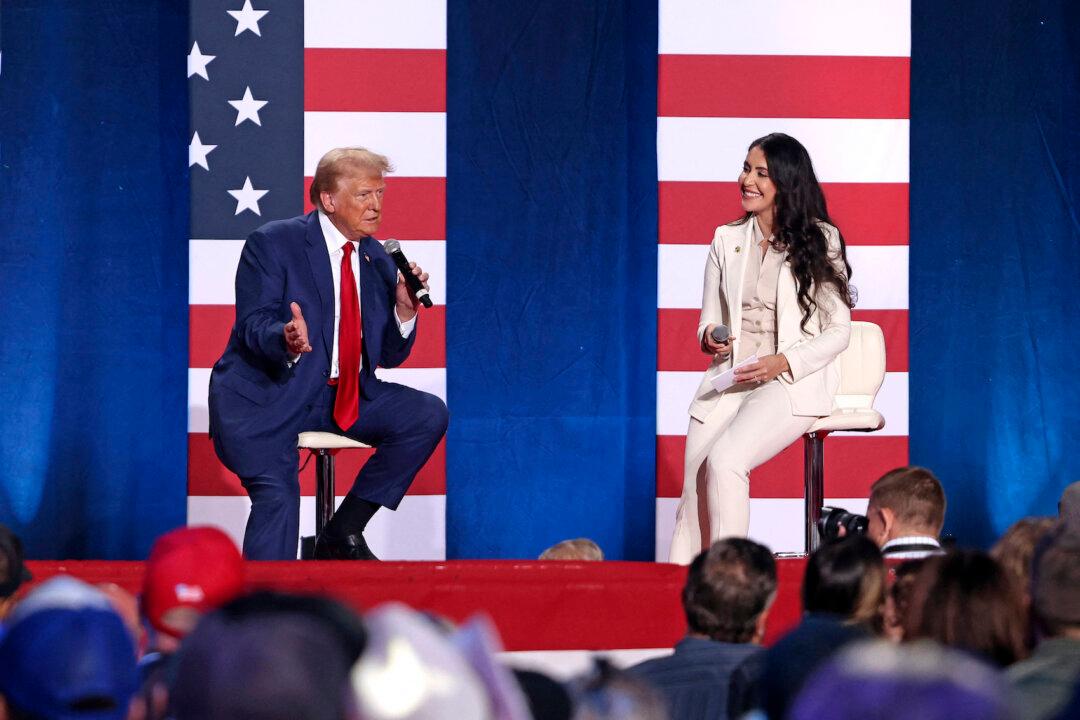Rep. Anna Paulina Luna (R-Fla.) announced on April 3 that she and House Speaker Mike Johnson (R-La.) have discussed a way forward over the issue of proxy-voting for new parents, an issue that has divided Republicans for weeks.
Initially assisted in her efforts by a handful of Republicans, Luna’s push to give new parents 12 weeks to vote remotely received a major boost when President Donald Trump gave it his blessing on the same day.





